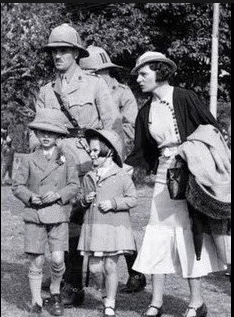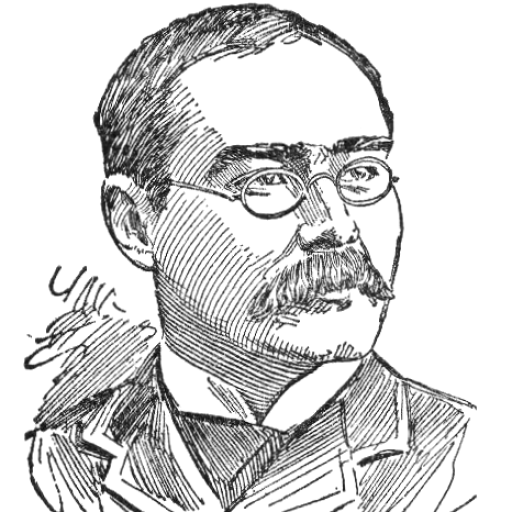He travels the fastest who travels alone!

This poem is attached to Kipling’s short novel “The Story of the Gadsbys”. It is not Kipling’s own philosophy of life; it is one philosophy of life – that of the hero of the novel. ‘The Story of the Gadsbys’ is composed of eight short stories – each a scene from the courtship and later the married life of Captain Gadsby. At the end of the novel Captain Gadsby resigns from his army post in India, which he loves, because he realizes that life in India will be damaging to his wife and child. He sacrifices his career to his family, not for love but because of a sense of duty. He feels trapped, he believes he has missed out on life. That is why he reflects with a note of sour grapes that he would have ridden the fastest had he ridden alone. This lamentable philosophy of boundless egoism – which all too many men hold, but few dare to assert so openly – is superbly expressed in this poem. Ascribing this philosophy to Kipling himself would be about as logical as considering Shakespeare a criminal because he created monsters like Iago and Richard the Third. Moreover, the choice of language shows that Kipling considered the rewards of a self-centered life to be hollow – “loot”, “pelf”, “plunder” and “spoil”.
The Winners
What is the moral? Who rides may read. When the night is thick and the tracks are blind A friend at a pinch is a friend indeed, But a fool to wait for the laggard behind. Down to Gehenna or up to the Throne, (1) He travels the fastest who travels alone. White hands cling to the tightened rein, Slipping the spur from the booted heel, Tenderest voices cry "Turn again!" Red lips tarnish the scabbarded steel. High hopes faint on a warm hearth-stone - He travels the fastest who travels alone. One may fall but he falls by himself - Falls by himself with himself to blame. One may attain and to him is pelf - (2) Loot of the city in Gold or Fame. Plunder of earth shall be all his own Who travels the fastest and travels alone. Wherefore the more ye be holpen and stayed, (3) Stayed by a friend in the hour of toil, Sing the heretical song I have made - His be the labour and yours be the spoil. Win by his aid and the aid disown - He travels the fastest who travels alone!
Notes
[1] ‘ Gehanna’ – the Moslem word for Hell.
[2] ‘Pelf’ – ill-gotten riches.
[3] ‘Holpen’ and ‘stayed’ – assisted.
